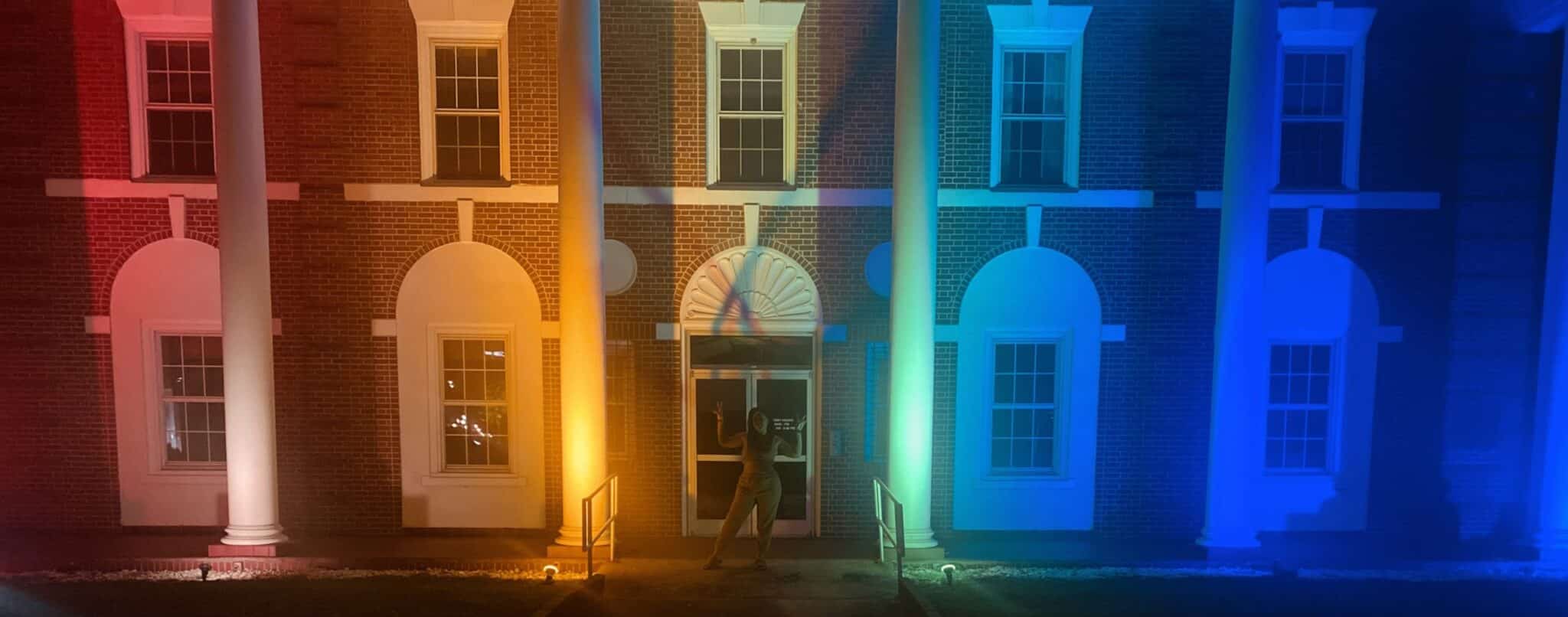Be an Ally – with Pride

by Ariel Cassell
We’ve seen it every June in recent years as our country celebrates Pride Month: social media icons for an array of corporate accounts turning from pale blues to vibrant rainbows in a show of solidarity. But how many of these companies are actually being allies to the LGBTQIA+ community?
It takes more than just a visual display to be a true ally. At a time when so many are being attacked for their lifestyle and being accused of “pushing an agenda”, and transgender children are abandoned during active-shooter drills, much more than just a display of solidarity is needed. We need war cries—and actions to match—from organizations, legislators, and self-proclaimed allies, many of whom benefit from the contributions of the LGBTQIA+ community.
For many in the LGBTQIA+ community, Pride isn’t just about a celebration or acceptance; it’s about the ability to have a better life—or a better chance of living at all. Transgender women, particularly Black trans women, are murdered through intimate-partner violence at rates that far exceed their cisgender (when gender identity matches the gender assigned at birth) peers. In fact, 14 transgender women have been notably shot or killed by violent means in 2022 already. Beyond that, more than half of trans and nonbinary folx report experiencing homelessness, sexual assault, and intimate-partner violence at some point in their lifetime. In 2020, my world and that of my small community of Sikeston, Missouri, were rocked when one of our most outspoken, fashionable and hilarious residents, Nina Pop, had her life taken by her partner at the time. At some point, people on the outside have to ask themselves: Is this gender-based violence because of an individual’s choices, or are there systemic processes in place that may be causing some of these things?
For transgender people of color and many other LGBTQIA+ community members, inclusivity isn’t about comfort; it’s about avoiding being policed, harassed, and murdered for purely existing. It’s about being treated as an individual instead of an abomination. It’s about having the time and support needed to care for oneself and your chosen family. For millions of LGBTQIA+ workers in the US, due to a combination of racial, gender, and pay inequity and homophobia, chosen family is all they have—and that family, though not biological, deserves to be supported and protected by this nation’s laws and its representatives.
True inclusivity and allyship can’t be expressed in rainbow icons, sales on Pride-inspired merch, or clever hashtags. Actual support for the members of the LGBTQIA+ community looks like actions that address their needs, especially the intersectional needs of LGBTQIA+ people of color.
So what does it take to be a true ally? For me, it first took looking inward. I identified as a heterosexual cisgender Black woman until the age of 24 when I met an amazing woman who made me realize that I identify as pansexual, or a person who doesn’t limit their sexual or romantic attraction to another person with regard to biological sex, gender, or gender identity. However; since I didn’t grow up considering my identity or outwardly displaying a different gender expression, I have to acknowledge my privilege and use it to advocate for people who don’t have it. Sometimes, this looks like having tough conversations about gender and sexuality with family members, classmates, or people that I attended church with as a child. Sometimes, it’s using my resources as a social media manager to include images of all types of people. There’s a saying that there’s no true justice until the most-oppressed people have power. Even though I have to deal with a lot of disparities as a Black woman, including how my sexual identity is often fetishized by men and erased by society at large – I’m always driven to use the few privileges I do have to bring support to others who experience oppression in ways that I don’t.
I encourage you to recognize your privilege and do the same.
Being an ally is so much easier than some make it out to be. It starts with simple acts, such as using preferred pronouns and preferred names for individuals. It continues with voting for legislation that provides for paid sick days for all working people, including those who need to undergo gender-affirming procedures, paid safe days for those who are experiencing intimate-partner violence to help them get to safety, or time to care for chosen family members with disabilities and chronic illnesses. It means amplifying the voices of the most marginalized when we take action to ensure that legislators protect all families by upholding existing laws. It means pushing for policies, like paid leave for all, that ensure that more working families, both biological and chosen, have the support they need. As members of the human race, we’re all extended family. And if we all begin to embrace and move from that assumption, we can truly celebrate each other with pride, together.